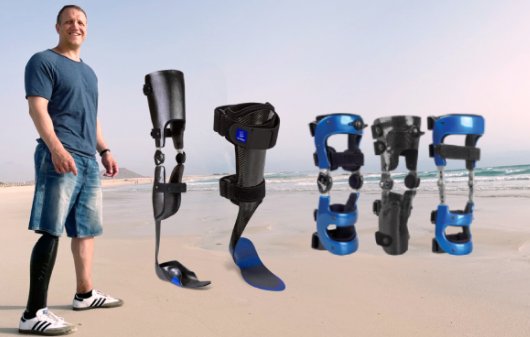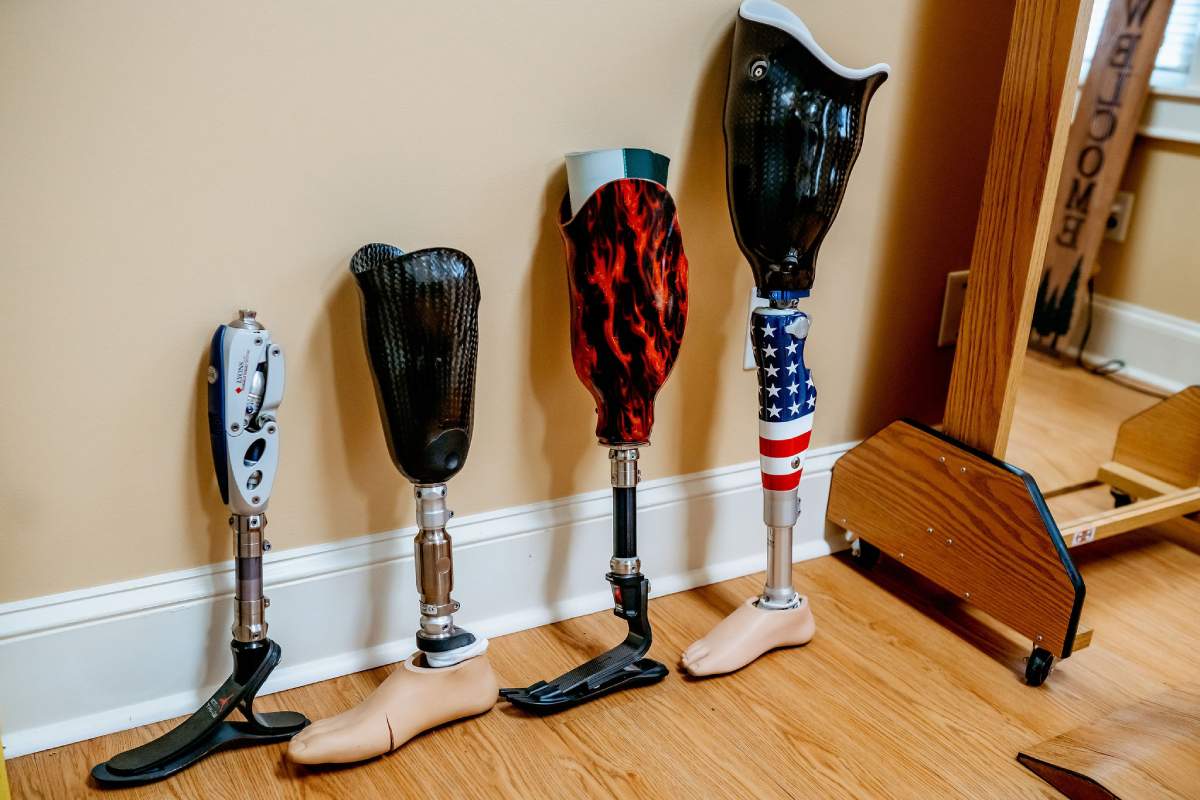O&P Success Stories
We aim to satisfy every patient! We are the “custom advanced prosthetics and orthotics near me” answer our patients have been looking for; and, we are always so pleased to help our community!


Local Orthotic & Prosthetic Services Near You
Custom Advanced Orthotics
Lyons, Inc. focus is to provide the highest level of care that promotes independence and function for patients of all ages and abilities. Lyons, Inc. maintains a national and local South Carolina network of O&P practitioners who support the highest levels of service and patient care available in the field of orthotics. We are in Conway and are a short drive from Red Hill and the general Myrtle Beach metropolitan areas.

Services provided, but not limited to:
Biomechanical and Gait Assessments for:
Pediatrics (CP, Developmental Delay, Injuries, etc.)
Adults (Stroke, MS, other Neuromuscular Pathologies, etc.)
Other Areas of Orthotic Bracing Services Provided:
Spinal Bracing
Upper Extremity Bracing
Lower Extremity Bracing (legs, knees, AFO)
Scoliosis Bracing
Sports Bracing
Custom Advanced Prosthetics
Lyons Prosthetics & Orthotics, Inc. searches the world to bring their patients the most advanced technology in custom prosthetics and orthotics. By keeping on top of current technologies through continuing education and a network of specialists, we are able to provide the best of modern day advanced prosthetics and advanced orthotics to our Horry County community and beyond.

Our Prosthetists, Orthotists, and Office Staff’s Ultimate Goal is Patient Satisfaction
About Lyons Prosthetics & Orthotics
Providing outstanding Prosthetics and Orthotics patient care is important to us. You, the patient, are the reason we are here. It is through meeting your needs that we are able to utilize our advanced skills.

Mission Statement
The mission of Lyons Prosthetics & Orthotics is to promote the well-being of individuals with amputations, orthopedic injuries, and disabilities in the Horry County Community. We provide accessible, quality O&P care, utilizing advanced state of the art designed artificial limbs and braces. We are committed to quality and emphasize trust, respect, confidentiality, and compassion in a collaborative effort with the overall greater health care community.
Experienced Staff to help with your artificial limbs near me and services questions
Our clinical staff is highly skilled in custom prosthetic and orthotic designs, including advanced microprocessors and high performance limbs for athletes – these are just a few of the specialty areas we collaborate on to achieve the best possible results for you or your patient – our prosthetists and orthotists are top notch! So, whether you wish to compete on a national level or just want to go grocery shopping, Lyons Prosthetics and Orthotics has the experience, compassion and expertise to help.
We are the answer when you need advanced prosthetics and orthotics near me
Looking for “advanced prosthetics and orthotics near me?” Look no further, our specialized labs finish each design with artful shaping, sculpting and coloring. It takes many talented hands and minds working together to make a prosthesis that will be your limb-an extension of your body.
The office staff completes our patient care team, focusing on the various non-clinical needs of patients. From coordinating office visits to getting assistance with reimbursement issues, you can expect individualized O&P care. We want you to feel relaxed, listened to and understood.
Our O&P Facility in Conway, and near Red Hill & Myrtle Beach, SC
Our Mission is to provide a Professional & Honest Approach to Health Care

O&P Patient Services
Lyons Prosthetics & Orthotics provides the highest quality of care to our patients, and they love talking about it.
OVERALL RATING
5.0

Clients love our Advanced Prosthetics and Orthotics services
Our customers
love us!
“
I feel blessed every day I wake up and I know there is a purpose in this. I am a stronger person, a better mother. Living life with a disability is hard but every day I find reason to get up and keep going. I am convinced that God really does not give us more than we can handle and amazingly, this has made my faith in God stronger. I realized that everything I was taught in church as a child came flooding back.”
— Karen Watowa
“
Alex has been great, he has made several braces for Jim and is always researching and finding new and better things to try to help Jim. Alex always makes time for us and his office staff are amazing, they schedule us when it is convenient and have always been supportive and kind to us.”
— Lynn Clark
Our clients love us!


Your Customized Prosthesis & Orthosis Care Starts Here!
Contact us for a consultation! Fill out the form to book an appointment.
Or call (843) 347-5800
Latest Lyons Prosthetics & Orthotics News
-
Understanding Your Insurance Coverage for Prosthetic Limbs: A Complete Guide

-
Prosthesis Summer Guide and Tips: How to Manage Heat & Sweat

-
What is a Bone Anchored Prosthesis for Amputees – Osseointegration Prosthetics?

-
Advances in Prosthetic Design Come to Myrtle Beach

-
Horry County Amputee Can Relate to Boston Bombing Victims

















